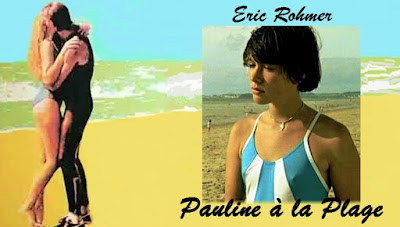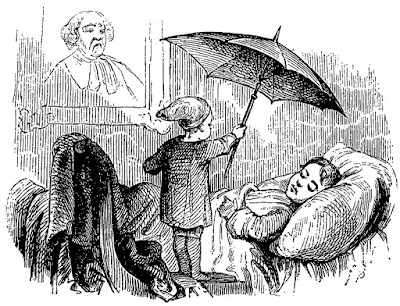Pauline à la Plage
PAULINE A LA PLAGE (1983, Eric Rohmer)
Pauline is a 15-year old, inexperienced girl who spends her summer holiday with her older and more experienced cousin Marion in Normandy. Marion is a real man eater, but at the same time she thinks she never experienced true love and is therefore still dreaming about that one ecstatic, passionate love that would drive both her and her lover crazy. While Pauline is having her first tender love affair, Marion feels the desired burning love for a middle aged man called Henri, a heartless Casanova and part-time philosopher. Pierre, a former friend of Marion and still fond of her (but also very considerate of Pauline) is the man in the middle.
Pauline à la Plage is often called one of most playful and gentle movies of this director. Rohmer keeps a save distance to the characters and their obsessions, portraying them with a knowing but mild touch of irony. People talk a lot, but their deepest emotions are passed over. The film is set in mid-summer, but there's always a cold breeze on this North Atlantic beaches and only in the course of the afternoon the sun is strong enough to send a short flash of sultry heat through the air.
But appearances may be deceiving: Rohmer cleverly mocks some popular postmodern ideas about truth and reality from post-war French philosophy (Foucoult, Derrida): Henri skillfully explains those theories in his own favour and in the movie's finale both women decide to believe 'their own truth' in order to avoid dissapointment in love. We know what happenend, and also understand that both woman realize they have been a plaything in other people's life. As more often in Rohmer's world, winners are only winners because they manage to hide their failures better than others.
Brilliantly directed and flawlessly acted, the movie is tender, sexy and (if you're on the right wavelength) often very funny. And it's hard not to fall in love with little Pauline while watching this gem of a movie.
***
Dir: Eric Rohmer - Amanda Langlet (Pauline), Arielle Dombasle (Marion), Pascal Greggory (Pierre), Féodor Atkine (Henri), Simon de La Brosse (Sylvain), Rosette (Louisette), Marie Bouteloup (Marie), Michel Ferry (Sylvain's Friend)
Note:
(*1) "He who talks too much, does himself a bad favour."




Reacties
Een reactie posten